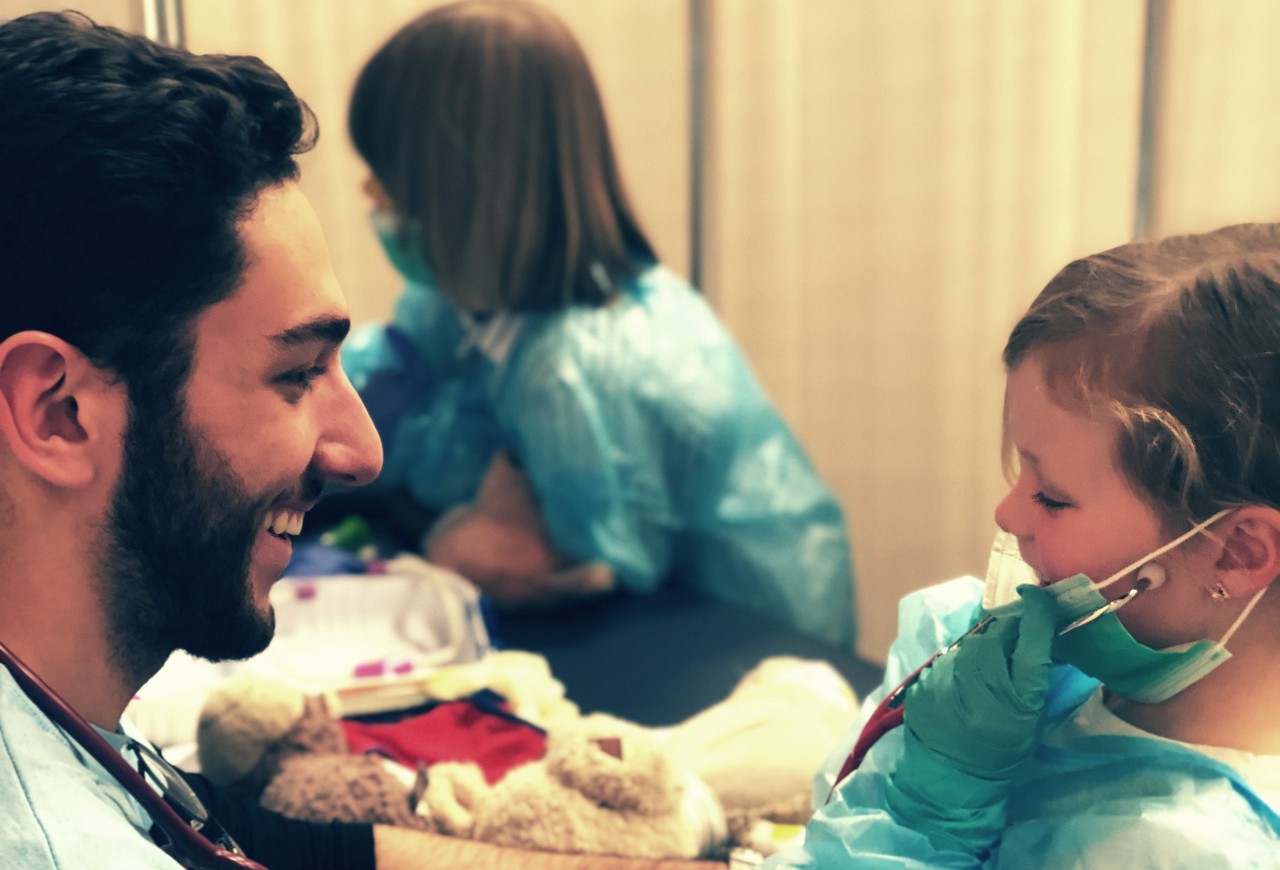Training and Physical Requirements for Becoming a Surgeon
Aspiring surgeons will need to finish many years of training in medical school after opting to pursue a career in surgery. They must next decide on a surgical specialty and get board certification. This accreditation proves that the surgeon underwent the necessary training and passed a demanding test. Surgeons will eventually be paid well and have the honor of saving lives.
You should be aware of a few things if you’re considering becoming a surgeon. The physical and training needs, as well as certain possible problems like work burnout, will be covered in this article. You will get some understanding of this fascinating area from it. You ought to be ready to go on to the next phase of reaching your objective by the time this article is finished.
High school students may learn a lot about the distinct role of a surgeon by working as a surgeon’s assistant. Additionally, several secondary schools provide summer programs concentrating on certain medical specializations. Students will also have greater options in college if they take additional advanced-level coursework in high school.
As a medical student, you will prepare for the USMLE Step 1 and Step 2 tests. A resume will also be required. Surgical residents commonly work as general practitioners in hospitals for five to eight years. They may also choose to specialize in a particular medical field. They will be qualified for a surgical fellowship after certification.
Medical professionals who have completed medical school may choose to work in surgery. This career has several advantages, including a huge range of specialties. A surgeon will make diagnoses, treat wounds and infections, and operate on patients. These operations could include getting rid of or replacing unhealthy organs and tissue. A surgeon may do business at a hospital or in private practice. However, there are also chances in the military and academic institutions.
You should research the residency requirements in your state before starting residency training. You’ll also need to apply for a state license. Passing the USMLE exam allows you to get a license in most states, but you might need to reapply every two years to keep it. Your credibility will grow, and your reputation as a top surgeon will be solidified if you get a board certification from the American Board of Surgery.
The amount of schooling necessary to become a surgeon varies by specialty. Each specialty calls for very specialized training. After medical school, surgical training normally lasts five to six years. If you meet the requirements, the military may, in certain situations, pay for surgical school.
Surgeons must possess the extraordinary manual skill, concentration, and mental clarity. In addition, surgeons often stand for extended periods. Daily, surgeons must also deal with a deluge of phone calls and emails. Additionally, they have to cope with demanding clients and workers.
Surgeons sometimes have to assume uncomfortable postures when carrying out challenging surgical operations. They may need to move around to and from surgical sites since they might not have time to change postures between operations. In addition, they may have to do ward visits or prepare reports between operations. These activities put a lot of strain on the body. The good news is that there are several methods to lessen the daily physical stress and strain experienced by surgeons.
Surgeons must be physically healthy to do their jobs, as with any other profession. Having a steady hand is necessary for making precise cuts. Additionally, surgeons must be effective communicators and speak clearly with the nurses.
According to a recent study, 40% of surgeons exhibit burnout symptoms, such as a high depersonalization score and a diminished sense of personal accomplishment. On the PRIME-MD questionnaire, a comparable percentage of respondents tested positive for depression. Despite the high burnout rate, respondents were still very motivated to pursue a career in surgery. 51% of respondents answered that they might think about going back into surgery if they had children. 36% were concerned that their careers would prevent them from spending time with their families.
Some surgeons lament the lack of family time, the difficult work-life balance, and the high expectations. They complain about working long hours, making late-night calls, and experiencing too much stress. The care of patients may suffer as a result of these pressures. According to studies, some surgeons experience burnout and distress, which can have a long-lasting effect on their careers.
Compared to other specialties, surgeons have a higher-than-average rate of burnout. In addition, compared to other professions, surgeons are less likely to ask for assistance. Additionally, more doctors commit suicide than in any other profession.





 ragtimeboy
ragtimeboy